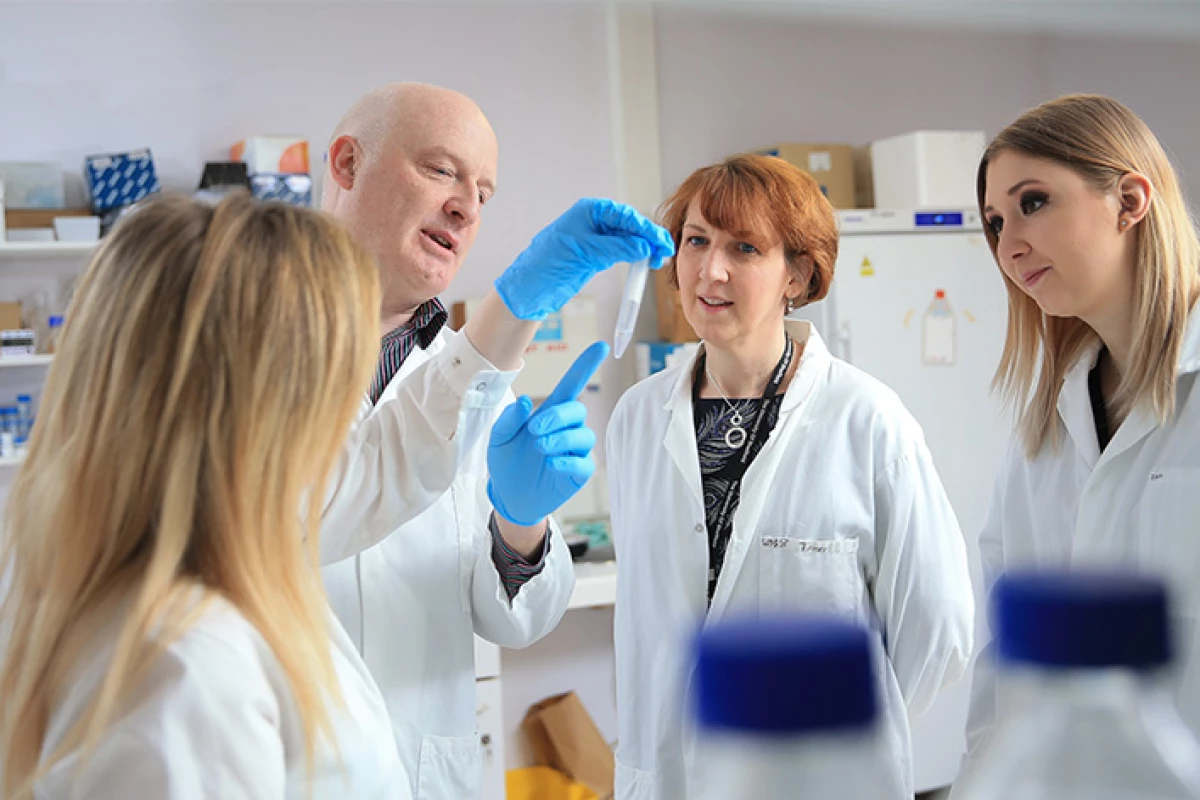Lycopene, which is a pigment that naturally occurs in tomatoes, has already been shown to provide several health benefits, plus it can even be used to produce electricity. Now, scientists have determined that it also greatly improves sperm quality.
The findings are the result of a study conducted by researchers from Britain's University of Sheffield, involving 60 male test subjects aged 19 to 30 years old. Every day for 12 weeks, half of the men took a lycopene-based dietary supplement known as LactoLycopene, in pill form – LactoLycopene is better-absorbed by the body than straight lycopene.
The other half of the volunteers received placebo pills over the same period. Neither the test subjects nor the scientists giving out the two types of pills knew which person was getting which one.
When sperm samples were taken and analyzed at the end of the 12 weeks, it was found that the volunteers who had taken the LactoLycopene experienced an almost 40-percent improvement in both the proportion of fast-swimming sperm within a sample, and in sperm size and shape.
"We didn’t really expect that at the end of the study there would be any difference in the sperm from men who took the tablet versus those who took the placebo," says Prof. Allan Pacey, who led the study along with Dr. Liz Williams. "When we decoded the results, I nearly fell off my chair […] We used a computer system to make these measurements, which takes a lot of the human error out of the results. Also, the person using the computer didn’t know who had taken LactoLycopene and who had taken the dummy pills either."
Plans now call for a larger trial, involving men who actually have fertility problems. And although the exact mechanism by which the LactoLycopene works has yet to be determined, it is believed that the lycopene's powerful antioxidant effect is likely helping to protect the sperm against damage caused by oxidation – which is a frequent cause of male infertility.
The research is described in a paper that recently published in the European Journal of Nutrition.
Source: University of Sheffield




